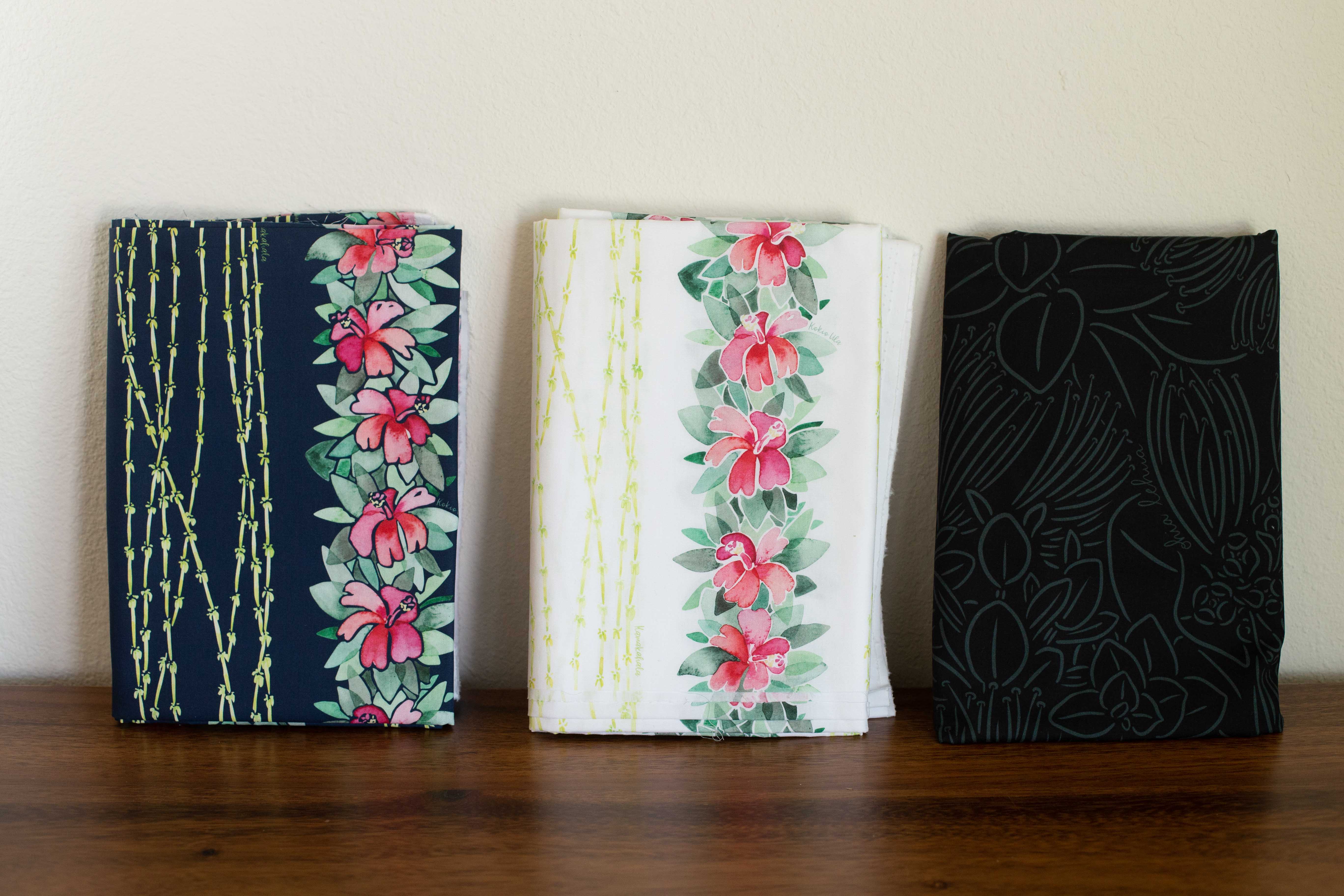Keeping Hawaiians out of Their Language and Culture
Imagine you hear about a magical place and the idea of it fascinates you. You have an opportunity to experience it for yourself, and you’re ready to take it. Just as you’re about to open the gate and take a step into this place, someone steps into your path and recites multiple reasons why you are unwelcome at this entrance. The Gatekeeper tells you that if you want to enter this place you have to take another route. Yet you know the magical destination is just behind the gate. You mean no harm, you’re fascinated and want to learn more about this place and experience the wonderful things you've heard about. Maybe you even have a specific purpose for entering, maybe you even live there. What do you do?
Here’s another scenario. I live in Kailua, Hawaii where there are many beautiful beaches but very few beach access points. As I was walking with my baby down the street of houses parallel to the beach I saw sign after sign forbidding access to the beach just beyond the houses. You’ll see one “Public Beach Access” sign for every five “NO TRESPASSING”, “PRIVATE LAND”, and “NO BEACH ACCESS” signs.
It’s infuriating. I hate those signs. It makes me feel like I’m trespassing just looking at them. It makes me feel guilty for even thinking about wanting to ignore the signs and walk straight to the beach rather than walking for another 10 minutes to get to my “assigned” entry point. These signs represent the individuals, the “Gatekeepers” who put them up.
As I’ve grown Kaulumaika, I’ve made it a point to share the things I’m learning about Hawaiian culture. I share for the benefit of Hawaiians who might not know how to access historical information on their own, as well as for anyone else who may have come across inaccurate information about our history and culture as I have in my own life.
I’ve had well-intentioned individuals reach out to me to chastise me for “sharing while I’m still a student not an expert”. I’ve had my intentions and methods questioned, even discouraged. I’ve run into dead-ends when studying Hawaiian history, culture and practices. I feel like I am constantly running into obstacles as I try to figure out what laau lapaau (Hawaiian medicine) to use for various ailments. Those who deliberately withhold information or try to tell others what they cannot do with Hawaiian knowledge, I would consider self-appointed Gatekeepers.
I understand that there are times when gatekeeping is appropriate. For example, many of our ancestors, mine in particular, made a conscious choice to not pass on knowledge of the ancient religion and gods. I’ve heard stories from my aunties and uncles of how they witnessed things in their youth that they didn’t want the next generation to witness so they keep those things to themselves. But sometimes “gatekeeping” can be more harmful than helpful, especially when it is keeping out people who really deserve to be there. When it comes to knowledge of Hawaiian language and culture, I believe all Hawaiians should have access to that - just as all people in Hawaii should have easy access to the beach!
If you have experienced gatekeeping as you’ve tried to learn about Hawaiian language and culture, here are 4 things I’ve tried that can help you to get around it.
- Search out and surround yourself with welcoming people. Sometimes we have just one bad experience (like someone makes fun of the way you dance hula) and then we apply that to all situations relating to Hawaiian culture when in fact, that was just one “gatekeeper” and not a true reflection of everyone else.
- Discredit the negative voices in your own head. Sometimes the person doing the most gatekeeping is yourself! Maybe you’re scared, nervous, shy, or embarrassed (the list can go on and on). Maybe you’re telling yourself “no” when everyone else is actually saying, “yes”.
- Ask “why” again and again. Sometimes things are done a certain way only because that’s the way it’s always been done, not because it’s the best way it could be done. If someone is keeping you out, ask “why” and keep asking until you find the real reason or if it is nothing more than opinion or self-appointed gatekeeping.
- Be honest with others. We are all human. Reach out to the human on the other end of the gate. Share your fear, your embarrassment, your reason for why you’re trying to learn more and get through the gate. I have found that every time I do this (as humbling as it is) I have been able to break through.
I believe that information should be more readily shared and available, not restricted. If there are going to be gatekeepers, I believe they should be welcoming ones. Instead of being a dead-end or another obstacle in the way, could they be more like guides? “Hi, Welcome. What is the point of your visit? Here are some things you should know while you’re here so your experience is enjoyable and fulfilling.”
What do you think? How have you experienced gatekeeping when it comes to Hawaiian knowledge? Please tell me in the comments!








Leave a comment